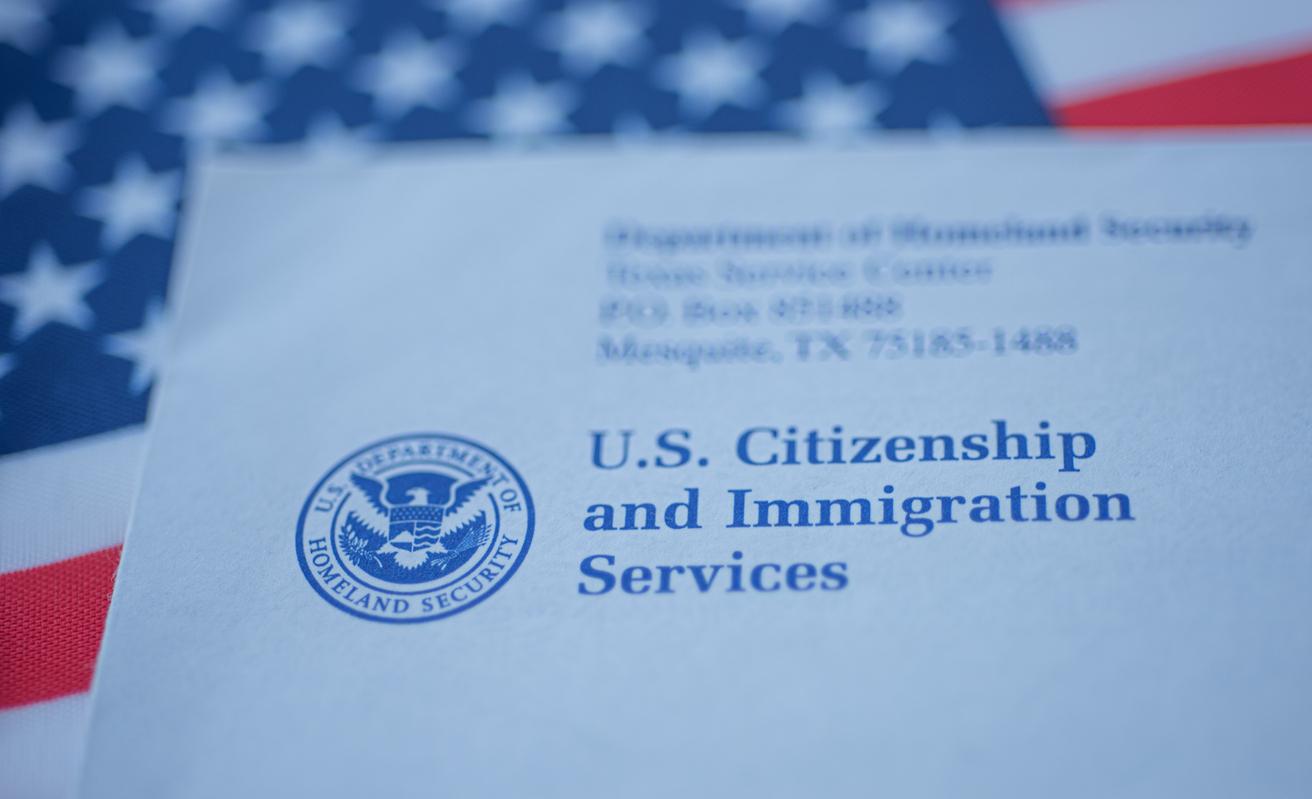Even before the COVID-19 pandemic, the United States Citizenship and Immigration Services (USCIS) had problems with the timely processing of applications. The global health crisis has only made the delays worse than before. One of the best ways to avoid preventable issues is to work with an immigration attorney from the beginning of the citizenship application process.
The number of immigration applications decreased by 10 percent between 2017 and 2019, but the processing time for new applications increased by 25 percent during that time. The previous time for the process was eight months, but between 2017 and 2019, these papers took 10 months on average. For the year 2019, the average processing time for Form I-485 or Form I-730 was longer than 12 months.
There is a bipartisan measure pending, the Case Backlog and Transparency Act of 2020, that could give Congress more meaningful oversight of the USCIS. Representative Tony Cardenas, a Democrat from California, and Representative Steve Stivers, a Republican from Ohio, introduced the proposed legislation on February 26, 2020.
Events Increasing the Immigration Application Backlog
The novel coronavirus pandemic is increasing the USCIS backlog and leading to even slower processing times for applications. Here are a few examples of COVID-19-related actions contributing to the immigration paperwork slowdown:
- The USCIS added the requirement of interviews at field offices for immigration applicants before the novel coronavirus public health crisis. In keeping with social distancing recommendations, as of March 13, 2020, the USCIS requests that applicants think about rescheduling or canceling their interview appointments if the applicant has COVID-19 symptoms, might have experienced exposure to the virus, or recently traveled to a “level 3” country.
- Also, as of March 13, 2020, naturalization ceremonies got postponed or canceled at some government offices. Same-day naturalization can be available to a person who is pregnant, sick, or over the age of 60.
- Some USCIS field offices and immigration courts closed temporarily after employees tested positive for COVID-19. Rescheduling the missed workload adds to the backlog.
- On March 16, 2020, the U.S. Embassy and Consulates in Mexico suspended all of their routine visa services for immigrants and non-immigrants. Pending visa interviews got canceled.
- The U.S. Embassies in Paris and India canceled their routine immigrant and non-immigrant visa appointments on March 16, 2020, until further notice.
- On March 16, 2020, the Seattle Immigration Court closed until April 10. The immigration courts of Boston, Newark, Sacramento, San Francisco, and three courts each in Los Angeles and New York City remained open but postponed non-detained hearings.
- On March 17, 2020, the USCIS announced the temporary closure of all of its offices, including field offices and naturalization ceremonies.
- The U.S. State Department canceled all non-emergency and non-urgent immigrant and non-immigrant visa appointments at all U.S. embassies and consulates throughout the world, as of March 18, 2020.
- On April 1, 2020, the USCIS reported that its office would remain closed until at least May 3.
- The USCIS announced that, due to the dramatic drop in immigration applications, it has very little revenue and will have to furlough some of its 19,000 workers unless Congress gives the agency $1.2 billion in funding.
Until the USCIS, U.S. Embassies, and Consulates resume pre-COVID-19 operations, the backlog will continue to increase. Contact our Virginia immigration attorneys today. We can help you explore your options for emergency or urgent application consideration.
Posted in: Immigration
posted on: July 16, 2020


